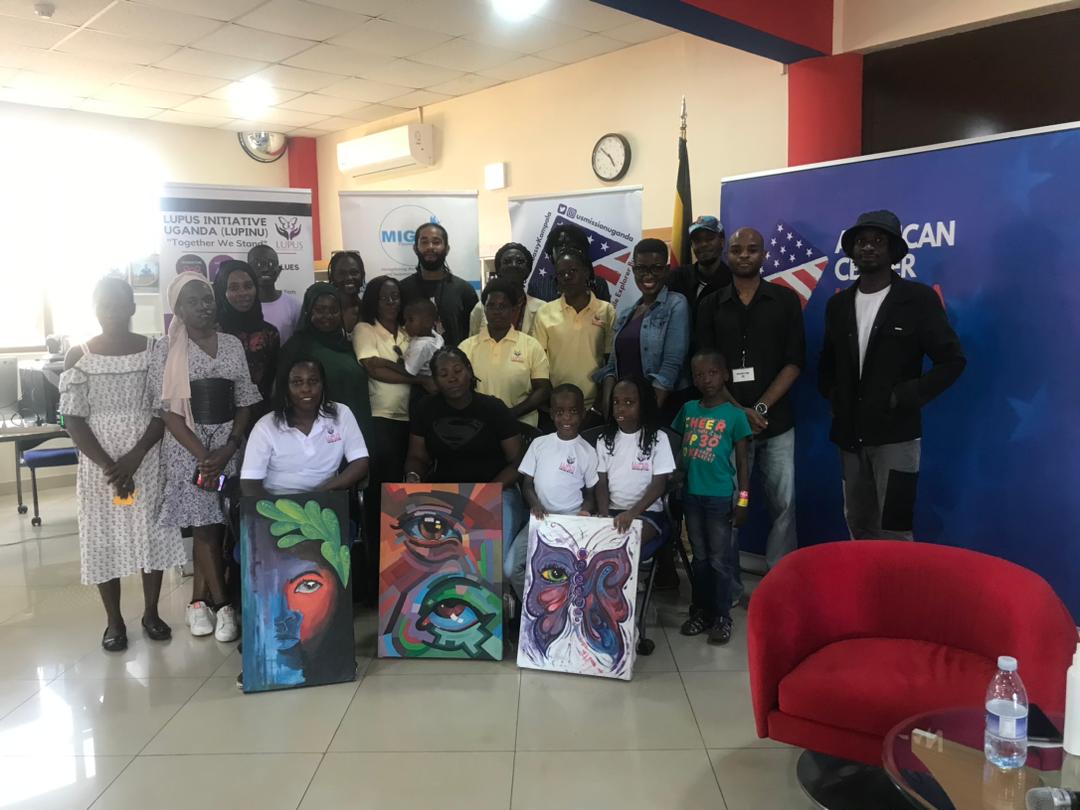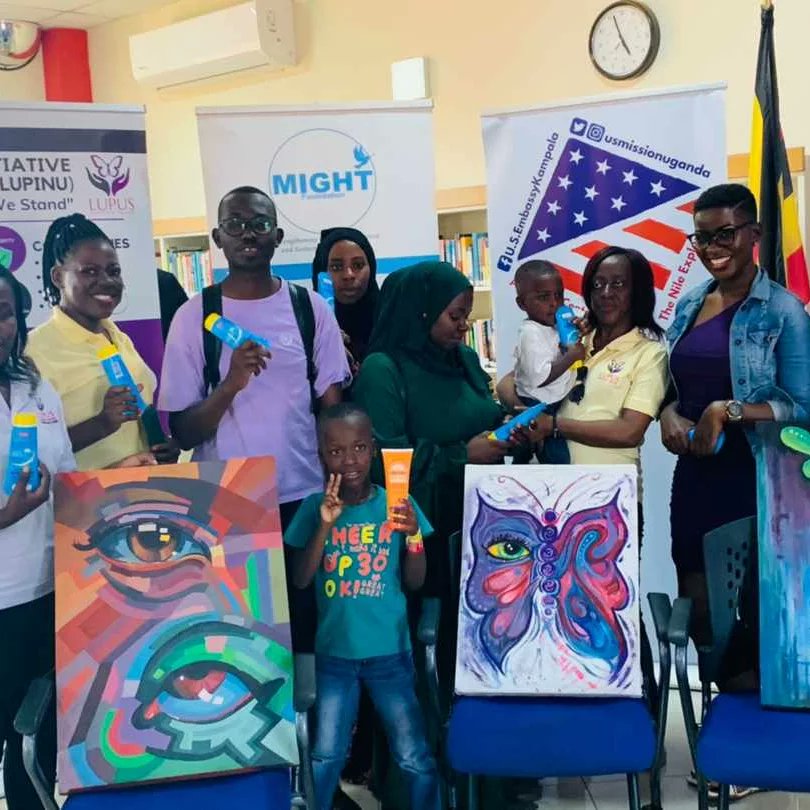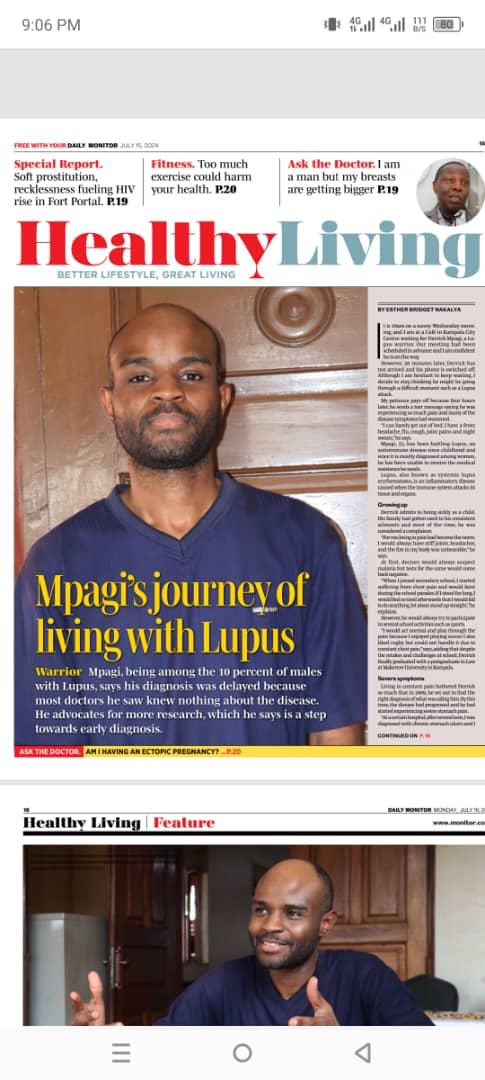Lupus and racial disparities in health
Sadly, sub-Saharan Africa, and in particular Uganda, faces a challenge of lack of awareness about lupus within the region, partly due to the global absence of signs of lupus among people with a dark skin tone, especially black people. Worth noting is that historically and till date, global health officials only relied on global evidence providing for white signs of lupus, therefore making it more difficult to diagnose dark skin tone people with only symptoms of lupus (symptoms that mimic many diseases including TB, HIV or malaria, hence increasing of chances of misdiagnosis) and/or by also relying on white people signs of lupus, signs that cannot be found on a person with a dark skin tone. For instance, a red butterfly rash, a red rash or white to blue/purple to red fingers, signs that cannot be found on the body of a person with dark skin tone, therefore making it more difficult to diagnose people with a dark skin tone, as compared to their white counterparts whose signs were studied and recorded.
The above challenge has partly persisted globally due to;
- Historical racial disparities/inequalities in the health sector that only focused on white people signs of lupus (still is the case to date),
- The colonial health system that only funds western lupus research as the solution to Global South/Global Majority health challenges,
- High levels of poverty in Sub-Saharan Africa, especially in Uganda.
Root causes that have promoted the stigmatization and discrimination of people with lupus in Uganda. To address these challenges within the country, and through this project, we,
- Organized meetings, workshops and conferences on stigma and discrimination, nutrition, lupus, gender equality and women empowerment, Mental health and lupus and herbs, among others, for people with lupus,
- Distribute sunscreens to people with lupus,
- Train people with lupus on how to use sunscreens, how to start sustainable businesses,
- Start fundraisers for newly diagnosed people with lupus, and
- Bring law suits against medical officials that exploit people with lupus
This project has impacted at least 150,000 people.



